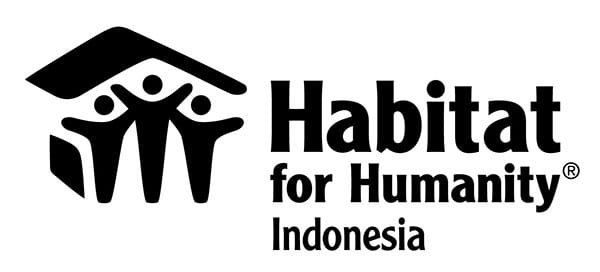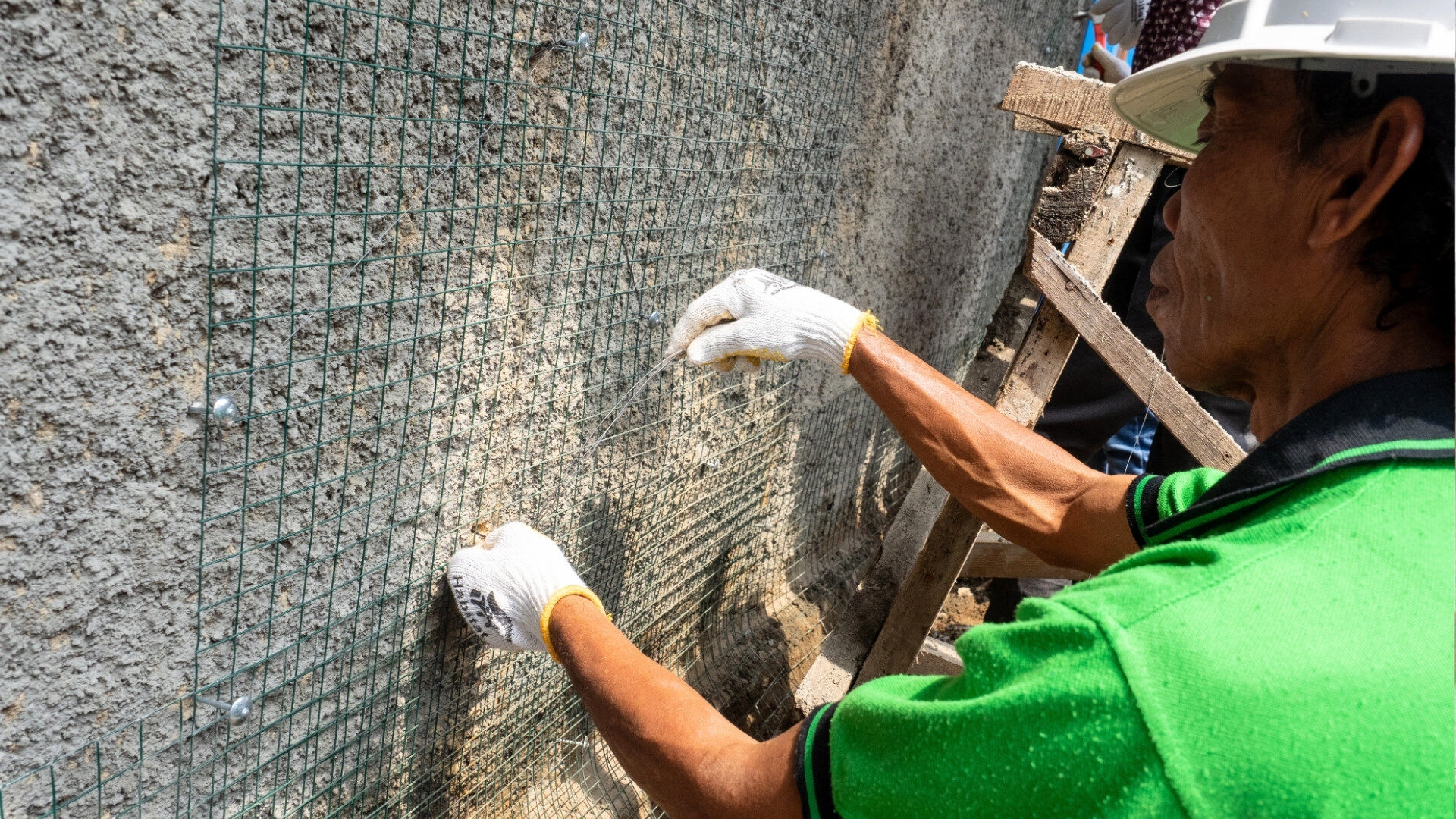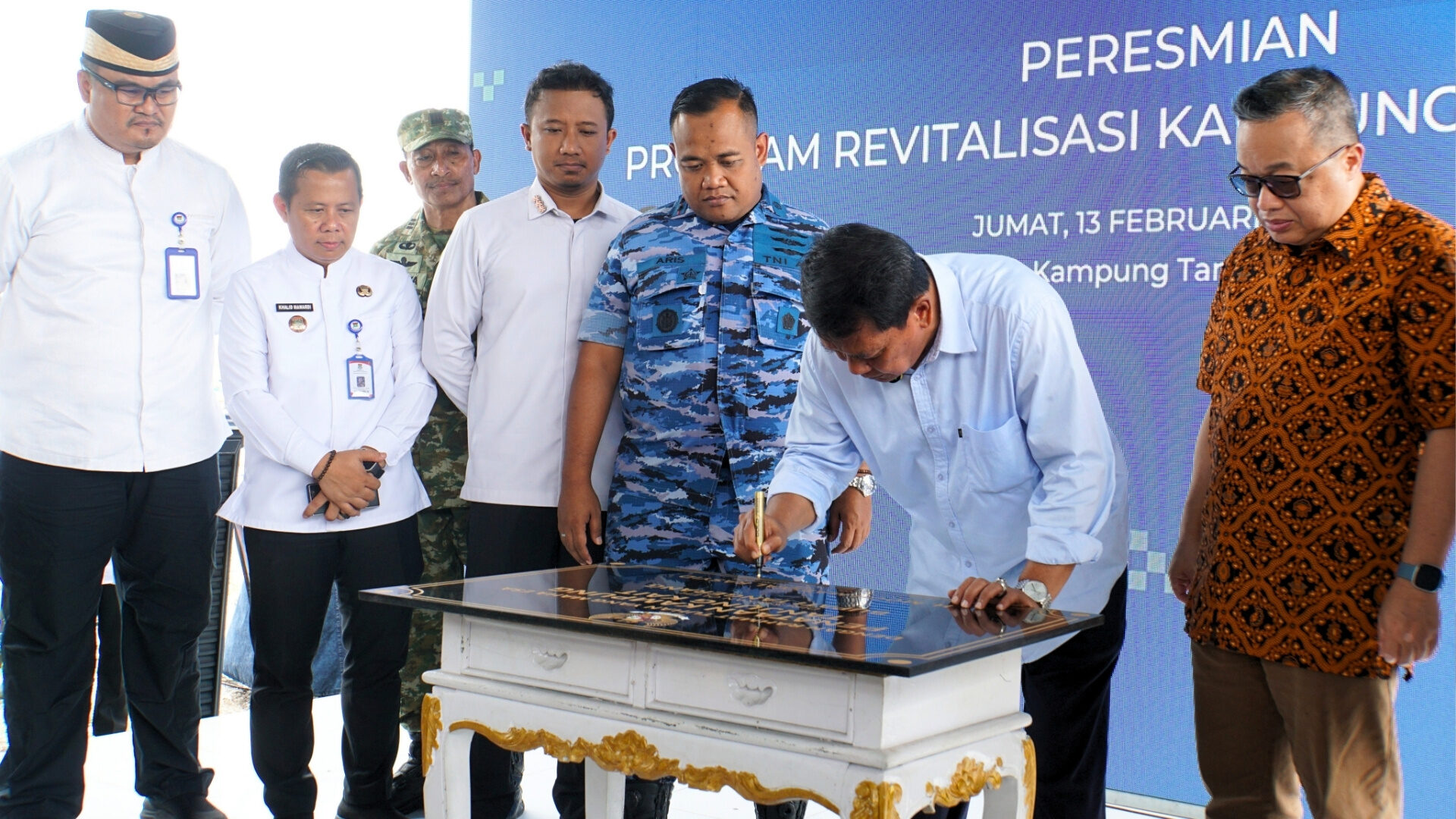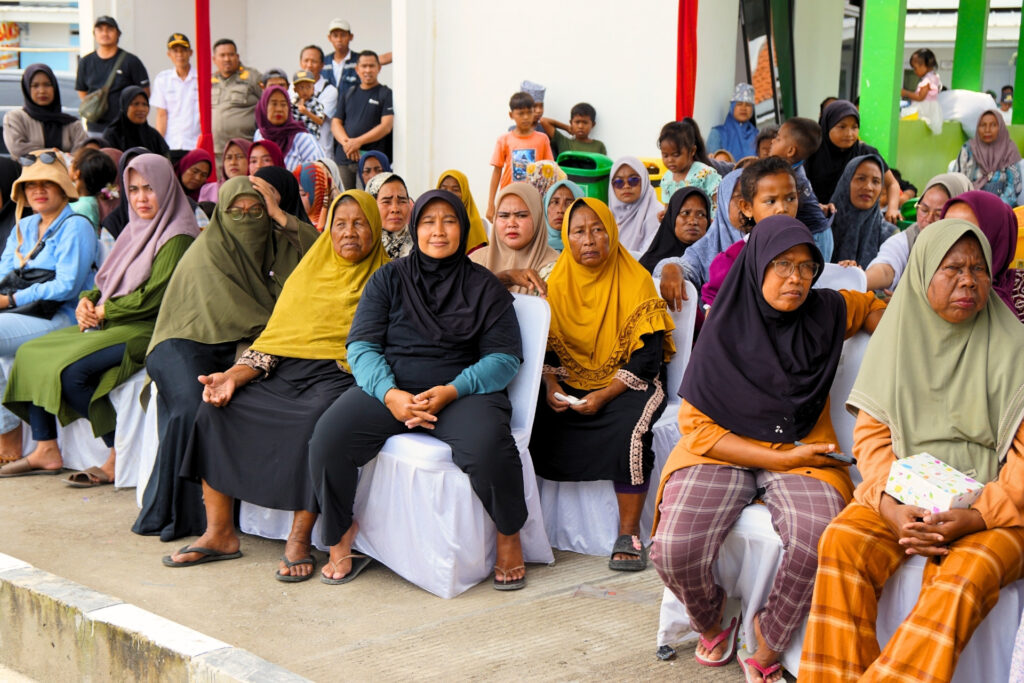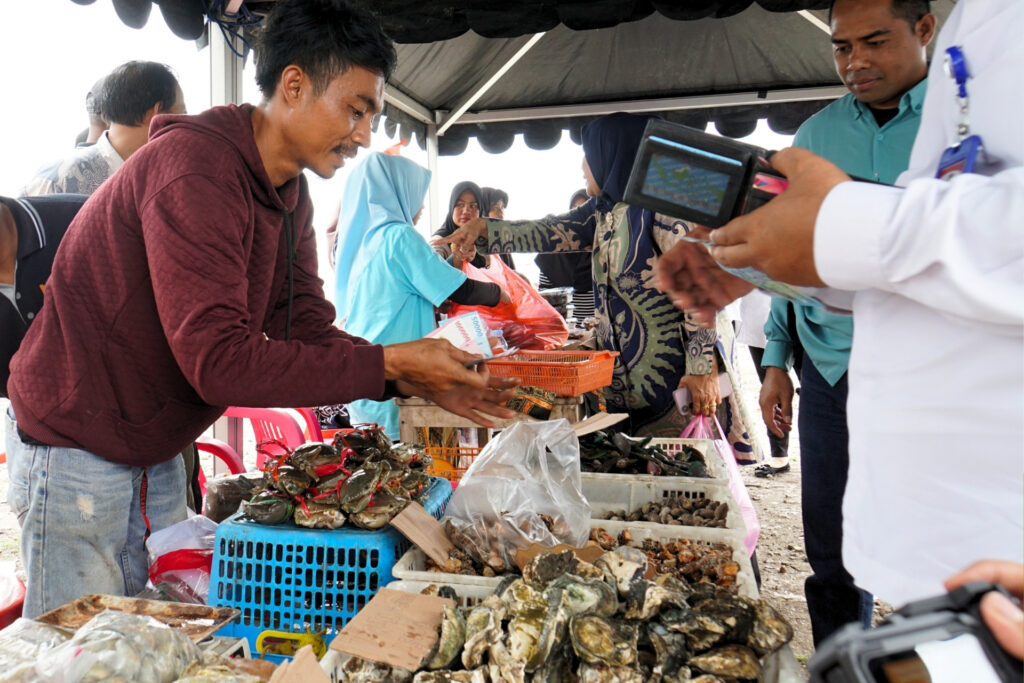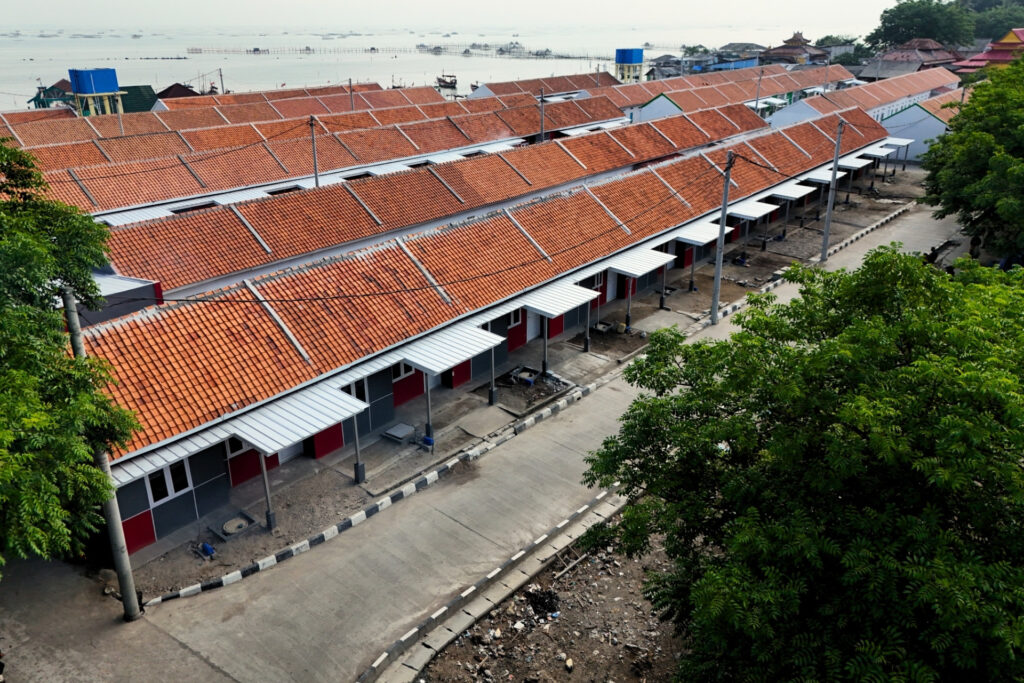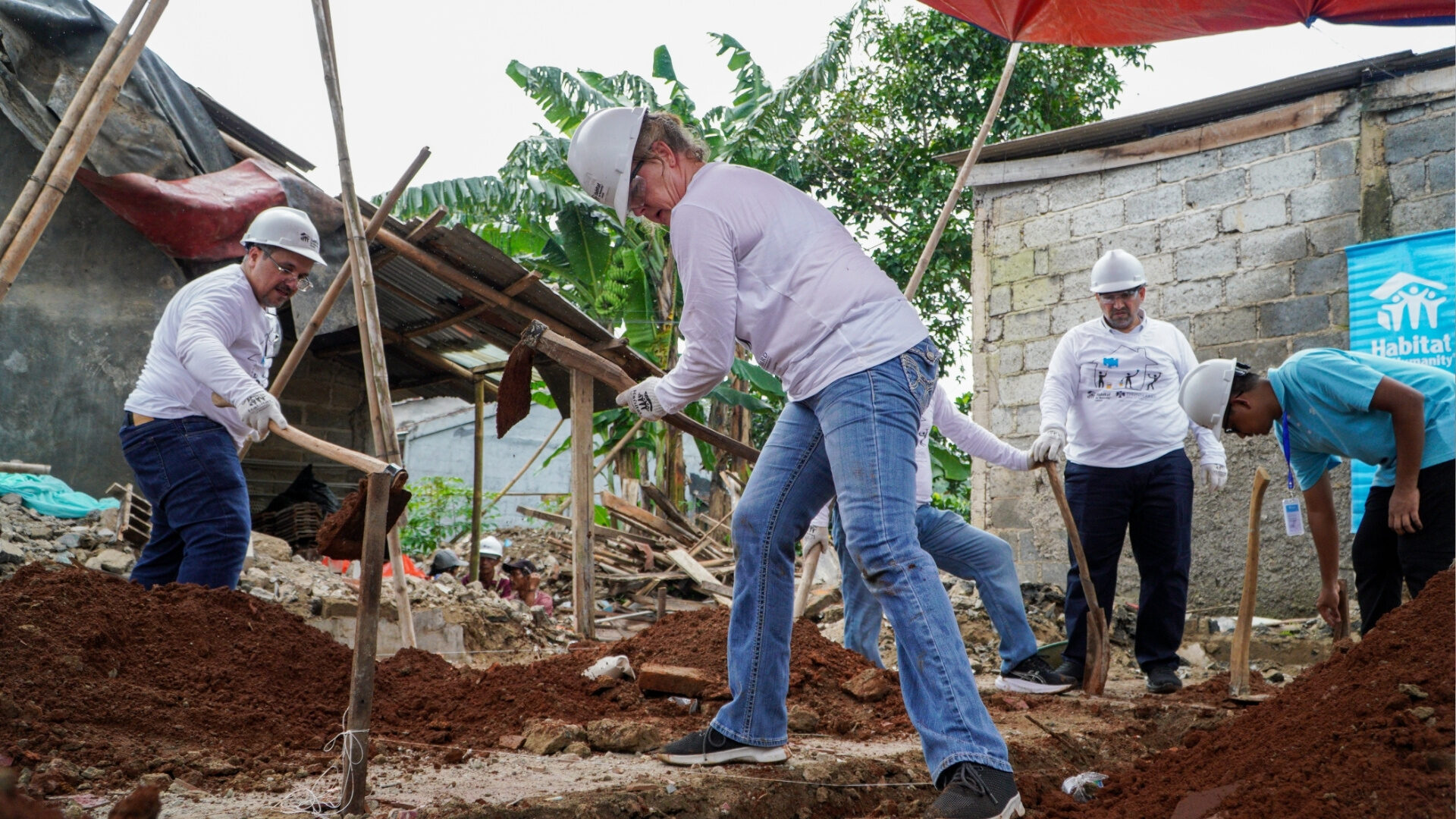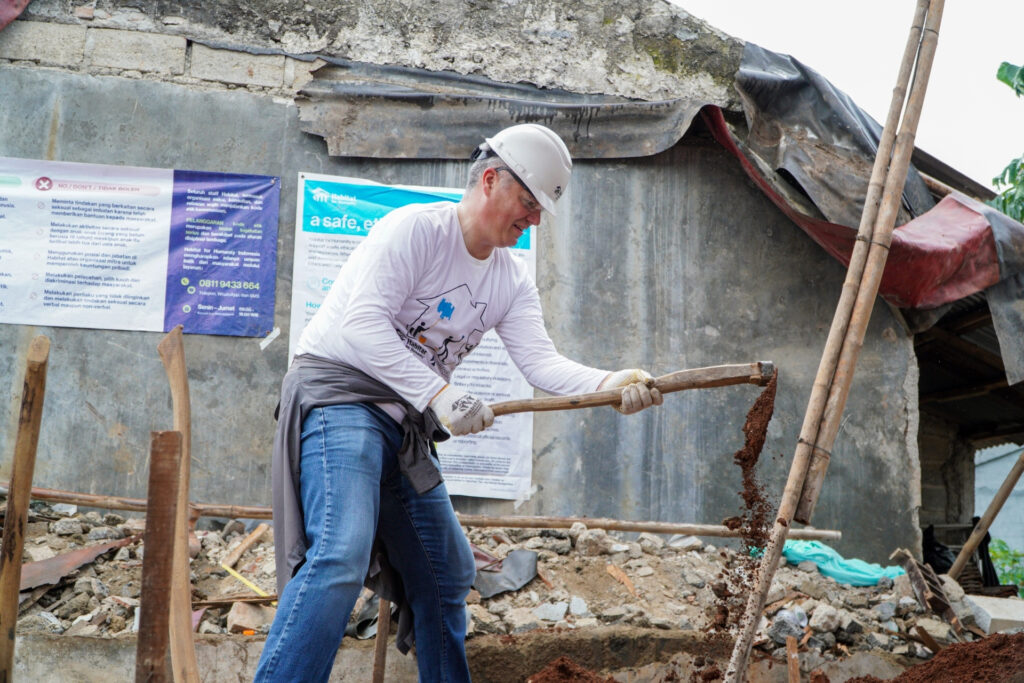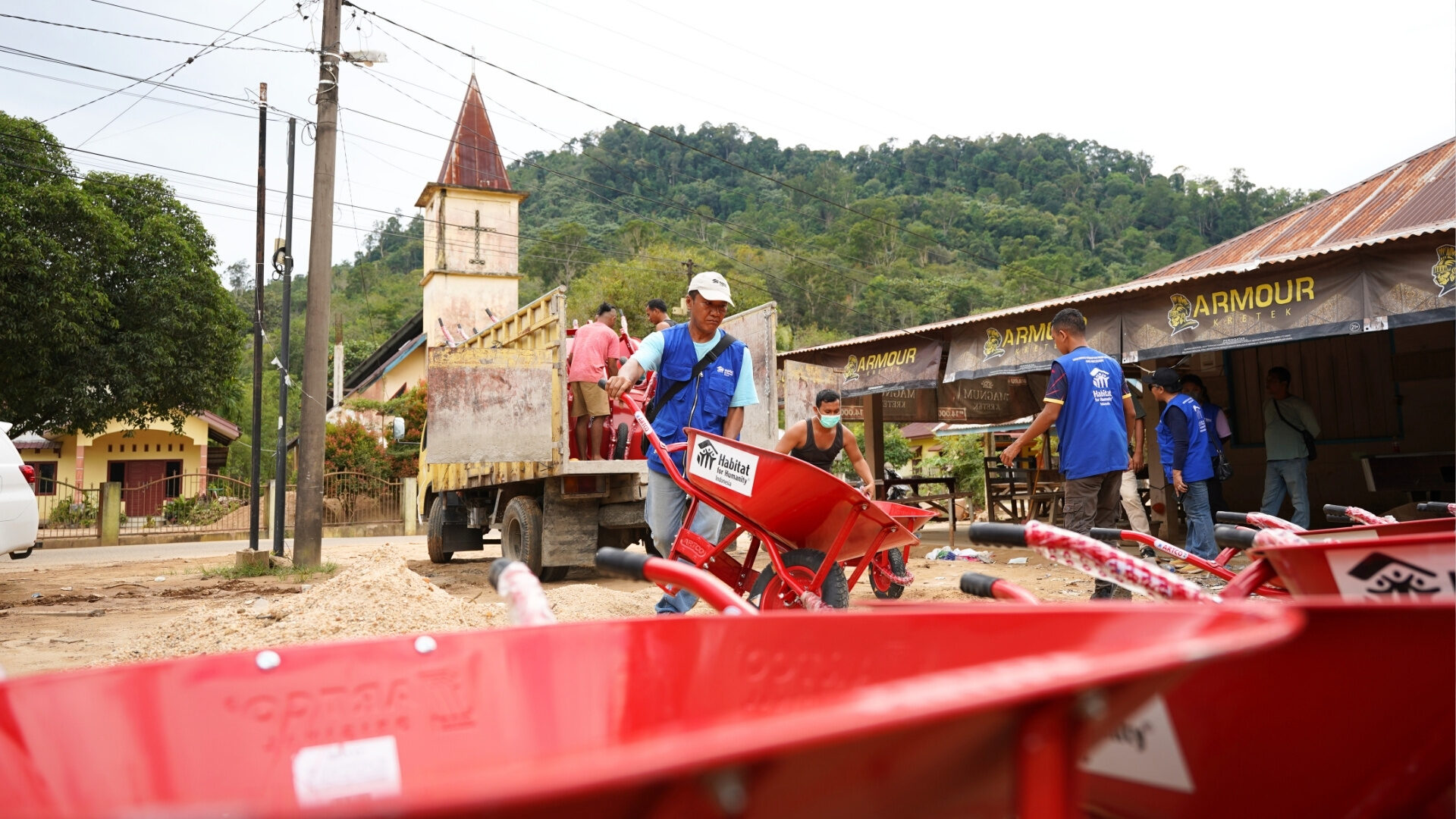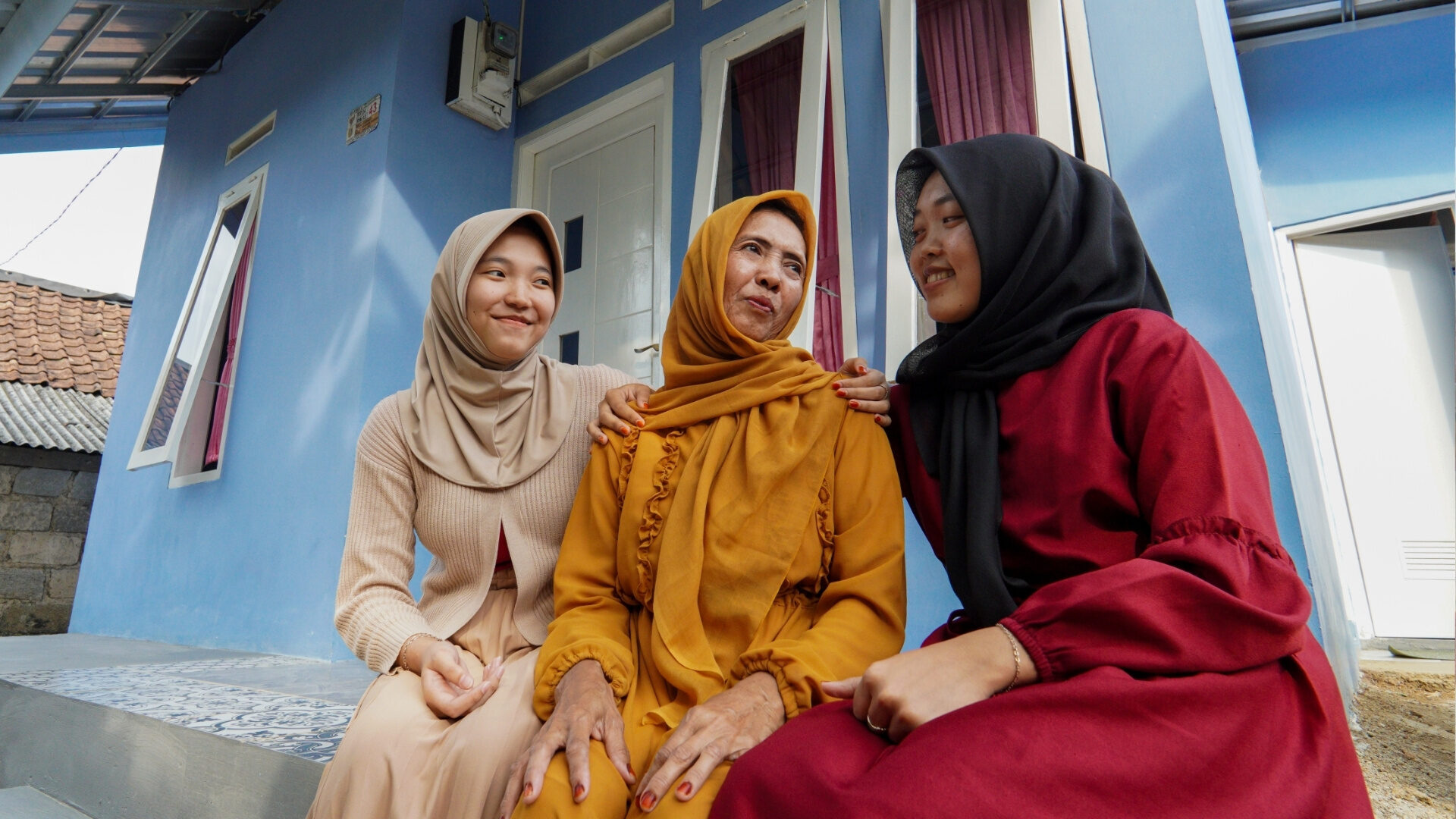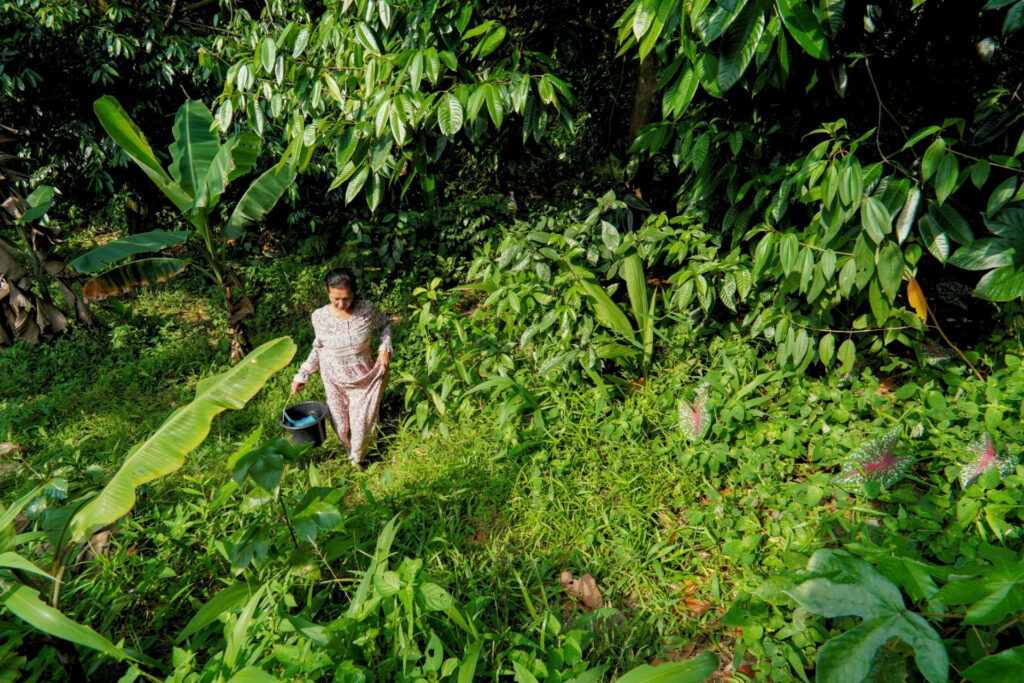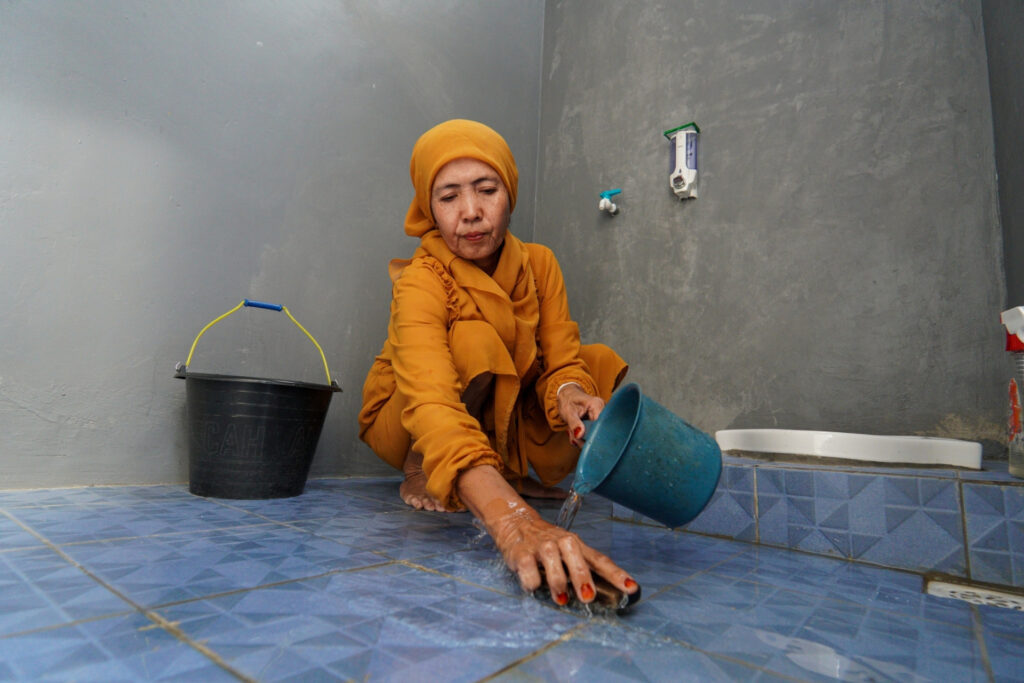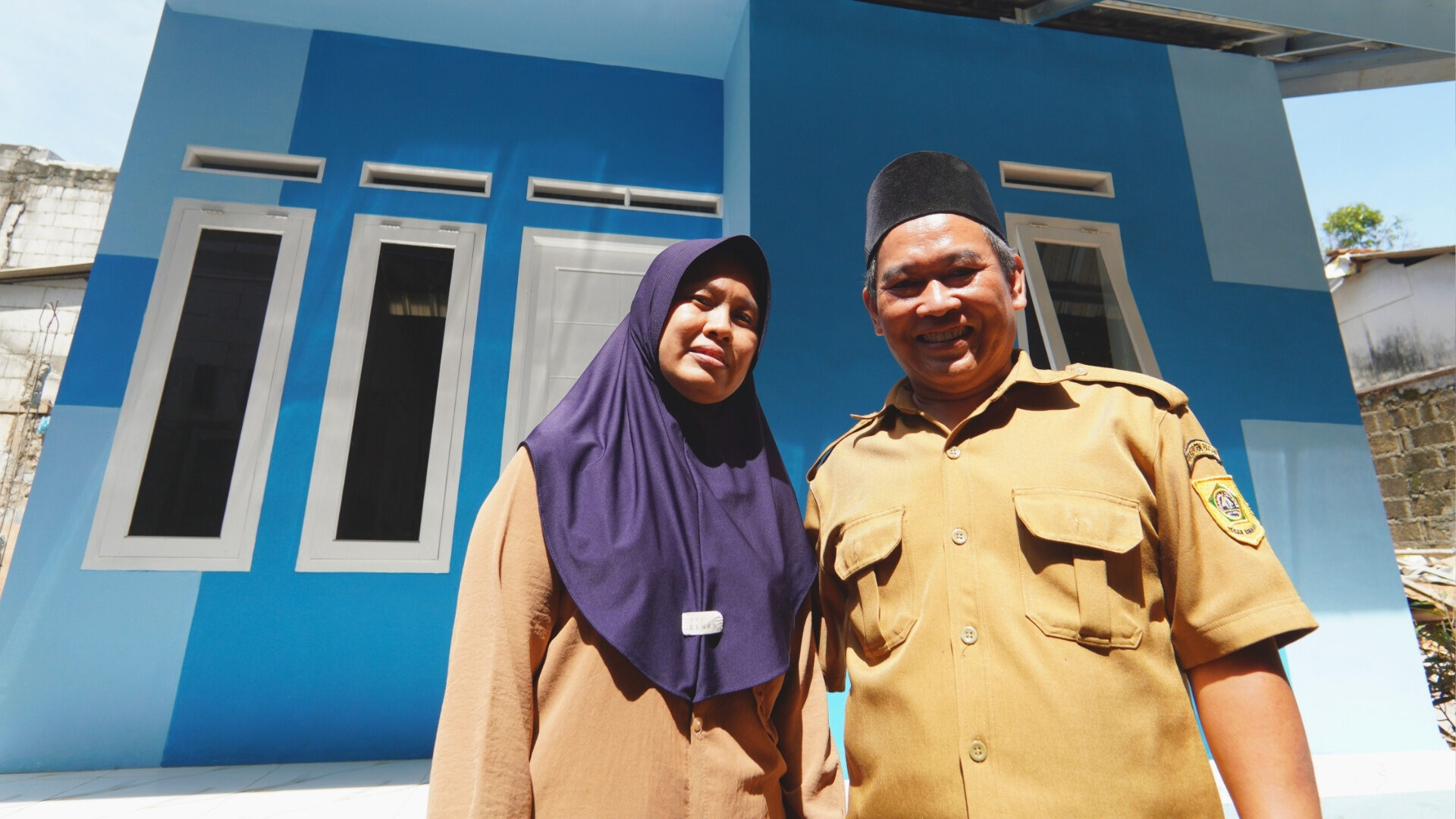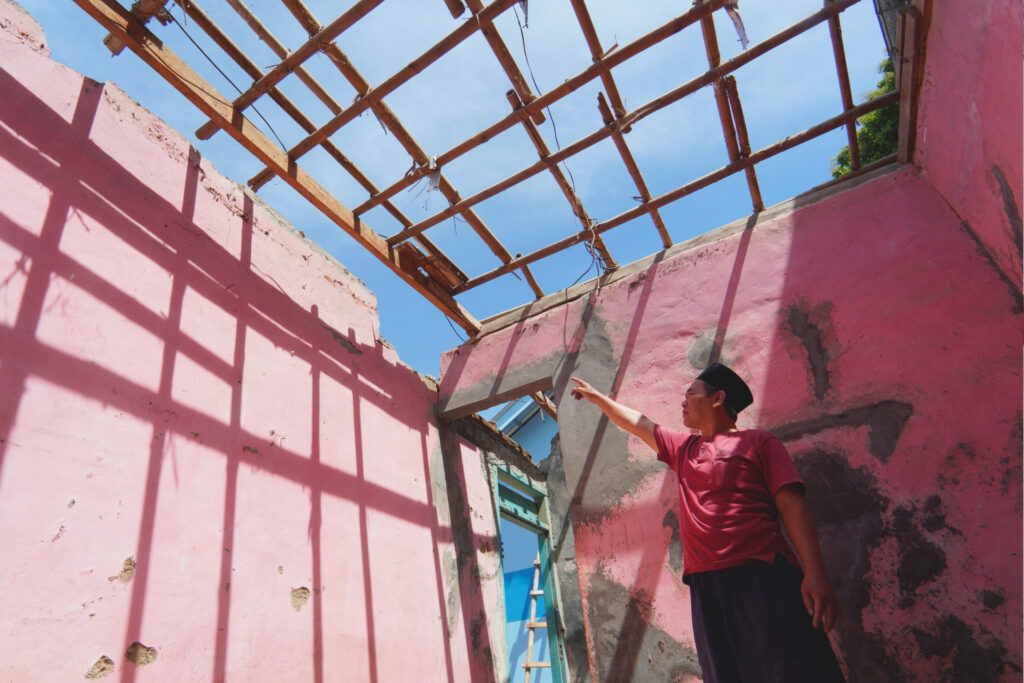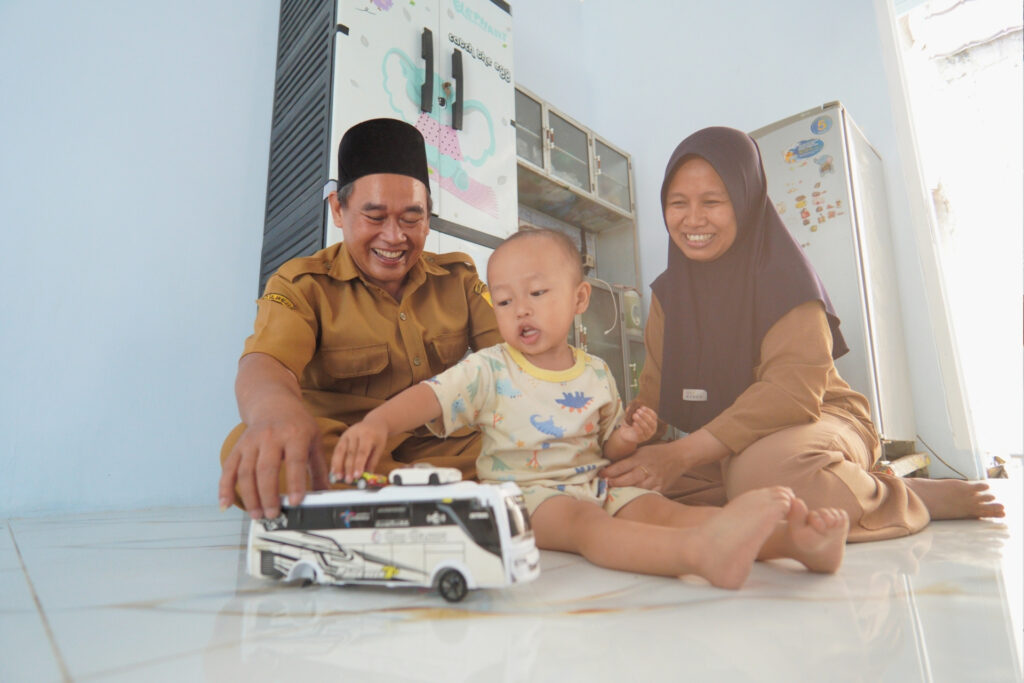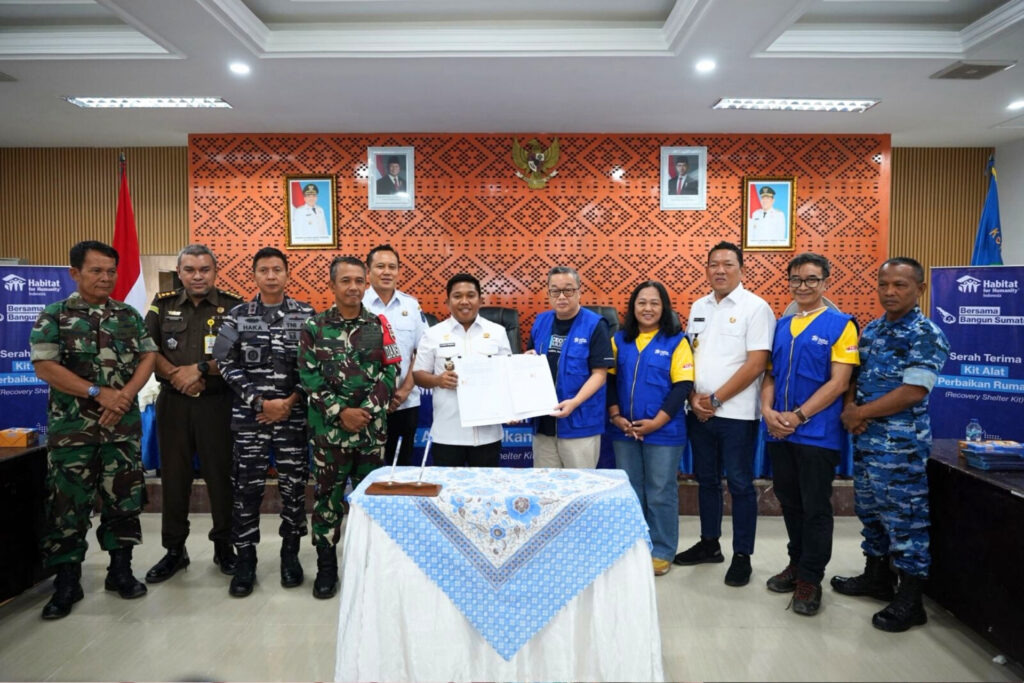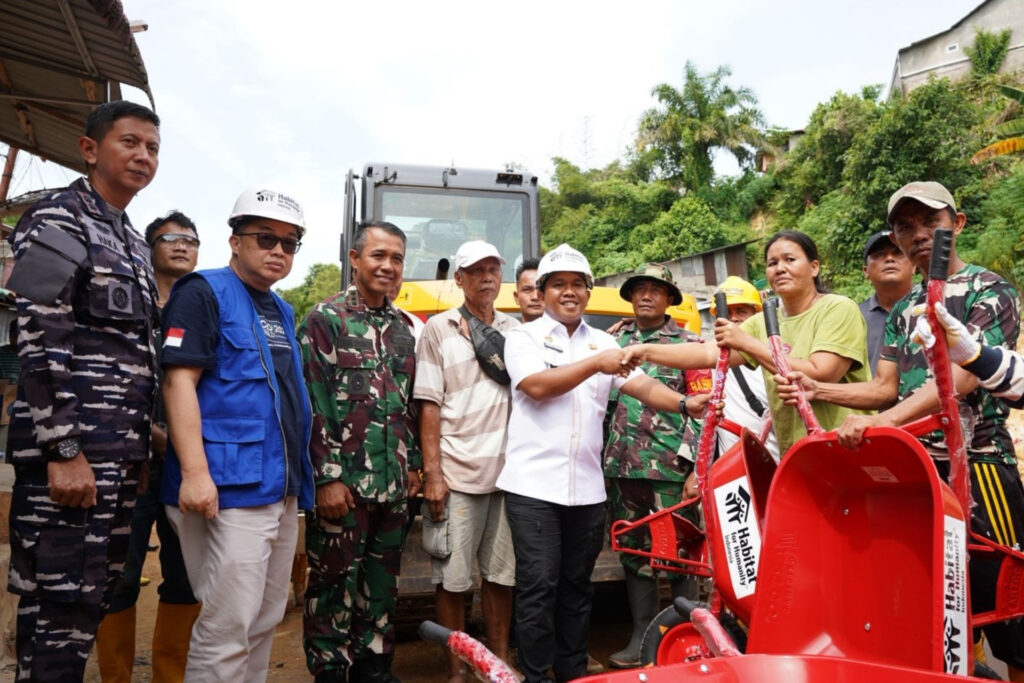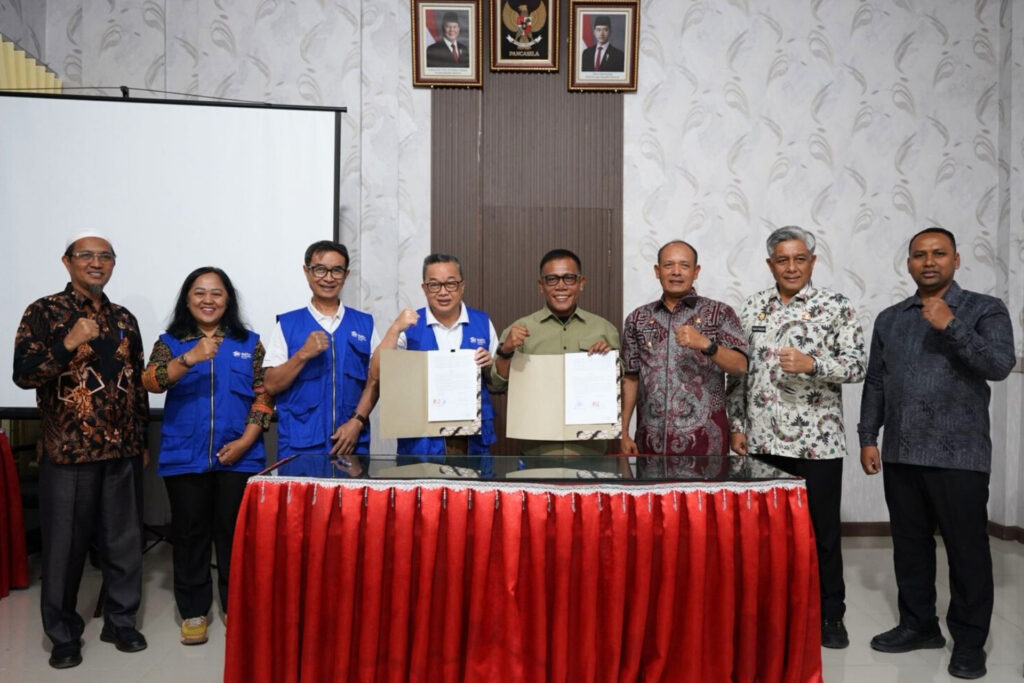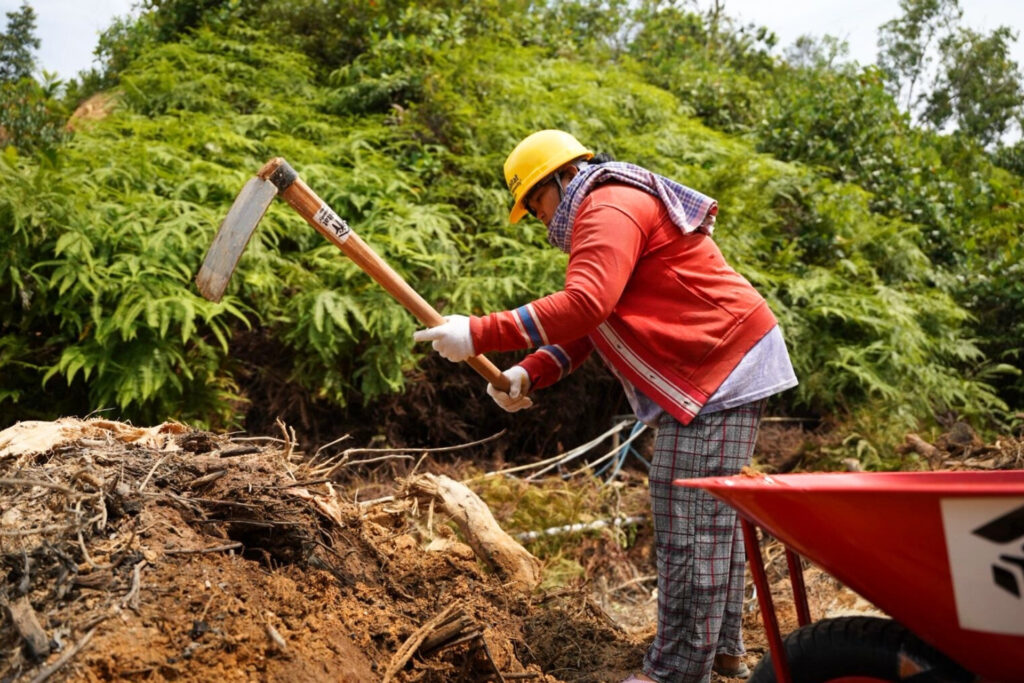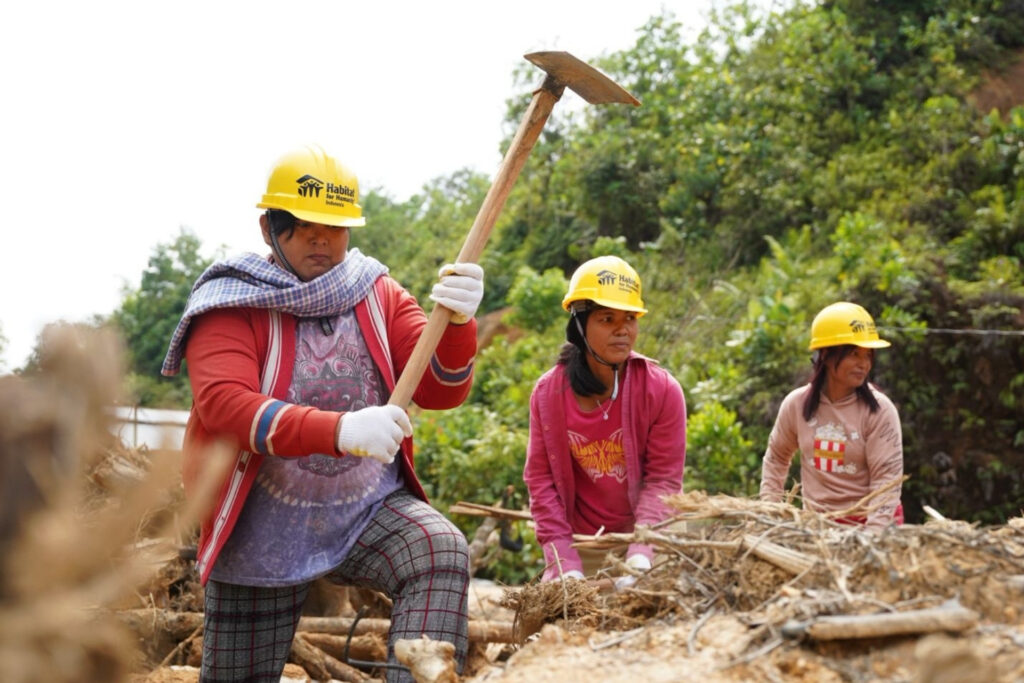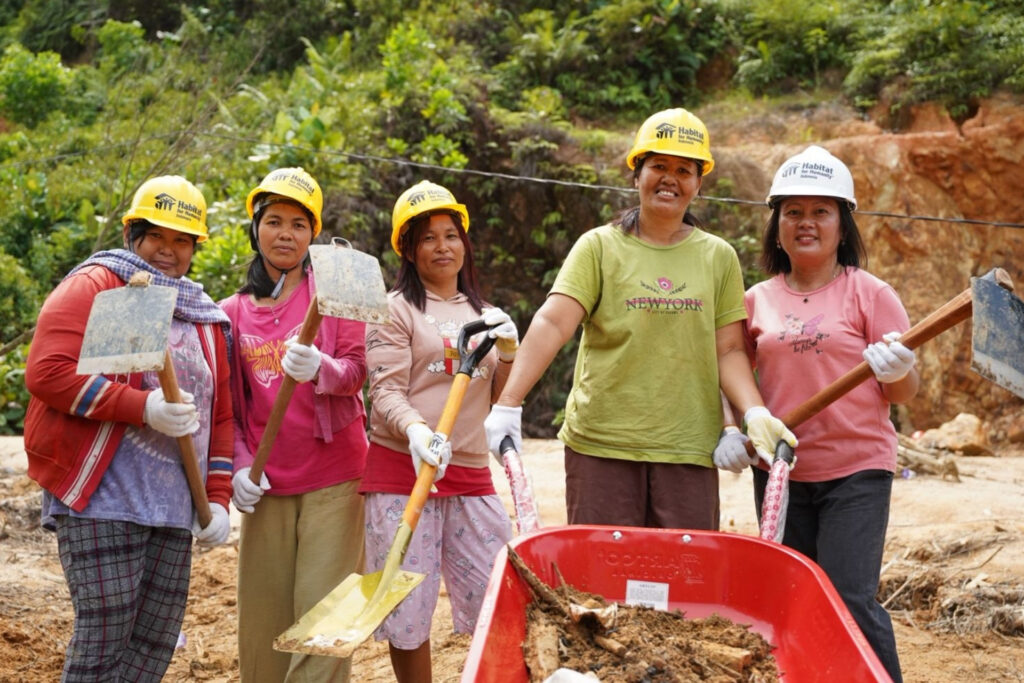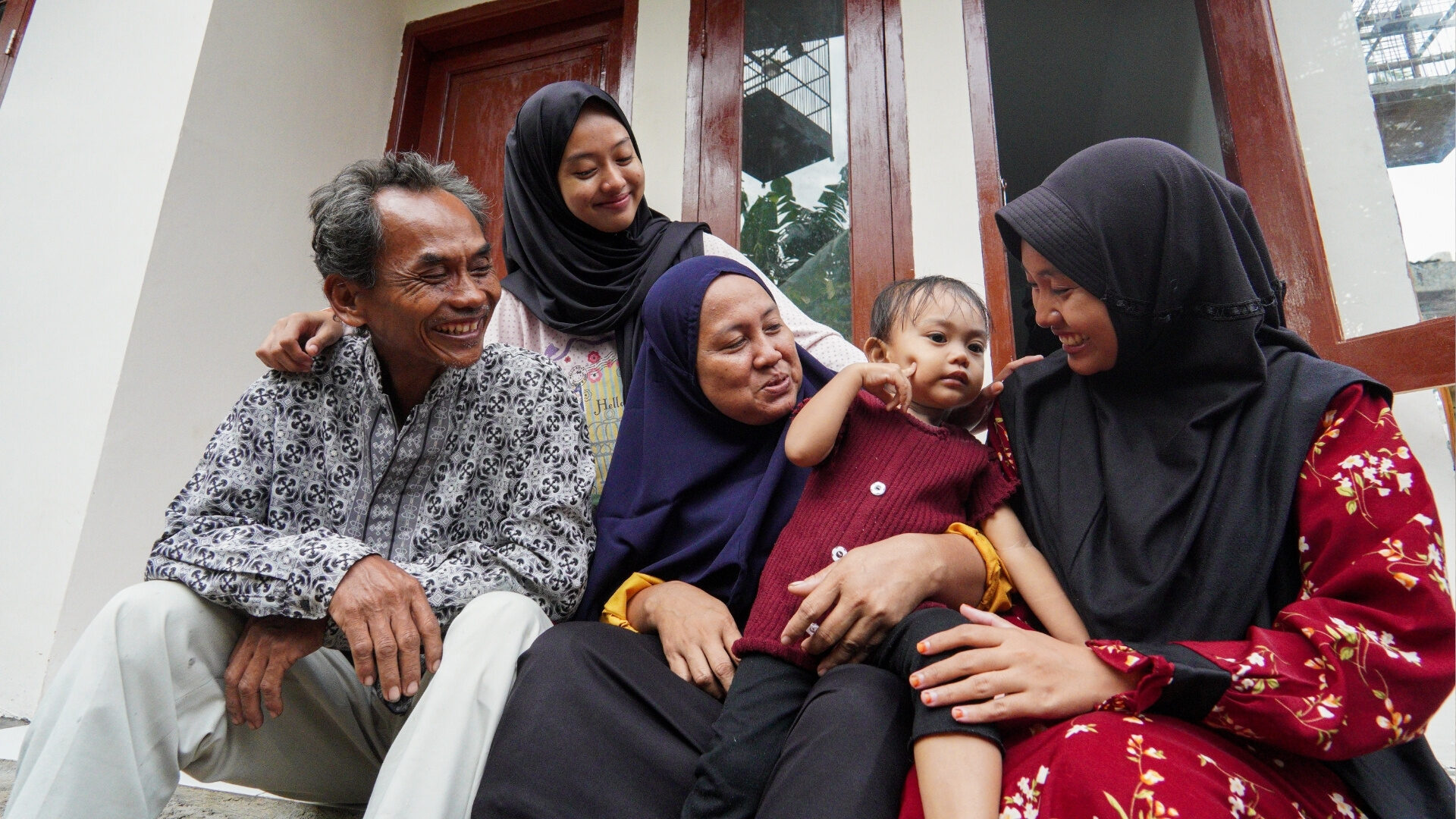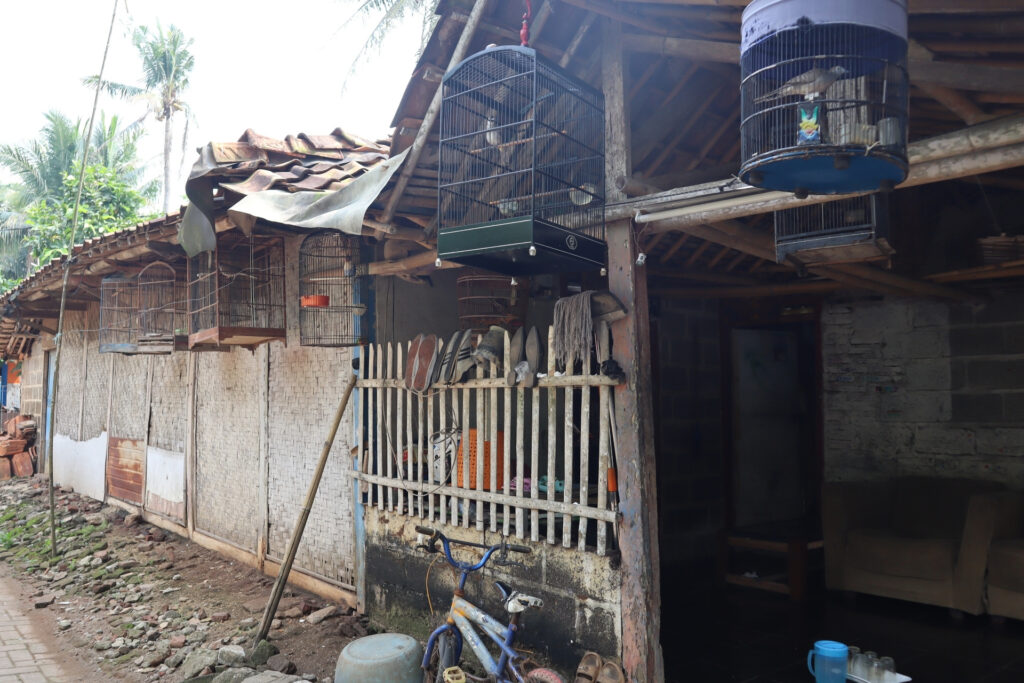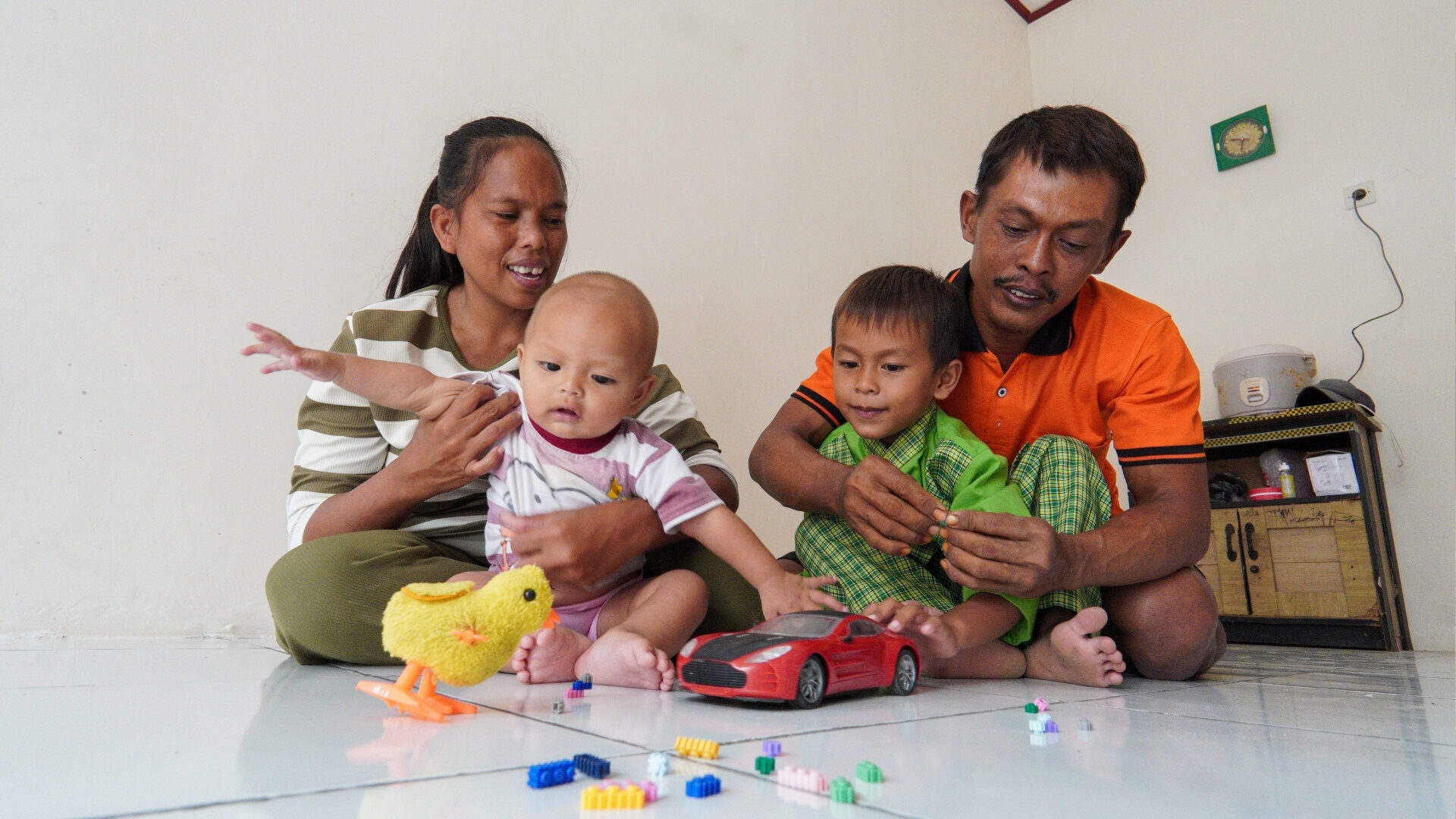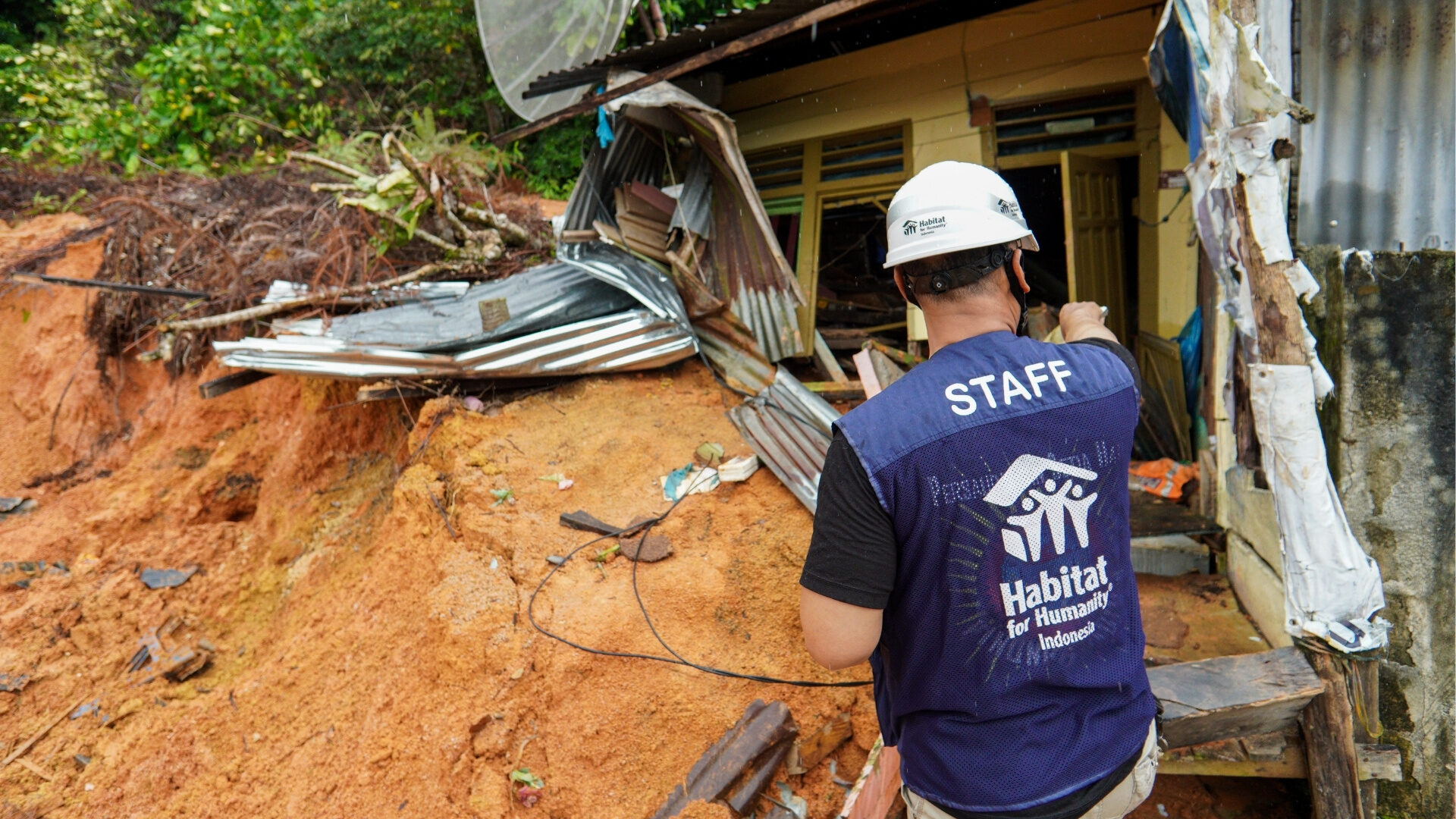Understanding Retrofitting: Strengthening Survivors’ Homes After Disasters in Sumatra

Sibolga, February 23, 2026 – Flash floods and landslides that struck several areas across Sumatra Island have caused large-scale housing damage. According to Indonesia’s National Disaster Management Agency (BNPB) website (February 10), a total of 301,102 houses were damaged, consisting of 58,505 severely damaged, 66,785 moderately damaged, and 175,722 lightly damaged homes. The destruction is spread across 53 districts and cities in Aceh, North Sumatra, and South Sumatra provinces, illustrating the widespread impact of the disaster on communities’ lives.
The magnitude of this damage represents not only the loss of shelter but also the loss of safety and security for thousands of families. Recovery efforts therefore go beyond clearing debris; they require rebuilding homes so they are stronger and more resilient to future disaster risks.
To address this need, on January 21, 2026, Habitat for Humanity Indonesia began a two-year long-term commitment to support the recovery of affected families in Sibolga City and Central Tapanuli Regency. In the first year, the focus is on repairing and retrofitting 500 houses categorized as lightly to moderately damaged, allowing homes that are still habitable to be strengthened without requiring complete reconstruction.
But what exactly is retrofitting?
Before understanding the retrofitting method, it is important to first recognize how housing damage levels are classified. Based on the Guidelines for Identification and Verification of Damage issued by the Ministry of Public Works and Housing (PUPR) in 2021 through perkim.id, housing damage is divided into three categories: light, moderate, and severe. The assessment considers the condition of structural components such as foundations, columns, and beams, as well as non-structural components such as walls, roofs, and floors.

Lightly damaged houses generally experience damage only to non-structural elements, such as ceilings or roof coverings, and are still safe to occupy. Moderate damage affects some structural and non-structural elements; these houses remain habitable but require prompt repairs to prevent further deterioration. Meanwhile, severe damage occurs when most building components are compromised, making the house unsafe to live in and often requiring complete reconstruction.
Read also: Habitat Indonesia Reaches 676 Families, Strengthens Post-Disaster Recovery in North Sumatra
What is retrofitting?
For houses categorized as light to moderate damage, Habitat for Humanity Indonesia applies the retrofitting method. According to siagabencana.com, retrofitting is a technique to strengthen or modify existing buildings by adding new elements without dismantling the entire structure. This approach allows homes to be repaired more efficiently and cost-effectively while significantly improving their resilience.
Implementation can take various forms, such as adding or thickening walls, installing wire mesh before plastering, or applying jacketing systems with additional steel reinforcement. These strategies aim to increase the structure’s strength, stiffness, and flexibility so that buildings can better withstand pressure or shocks during disasters. Arwin Soelaksono, Program Director of Habitat for Humanity Indonesia, who has experience working with the American Red Cross, notes that retrofitting can be carried out with relatively minimal funding while still effectively strengthening homes.
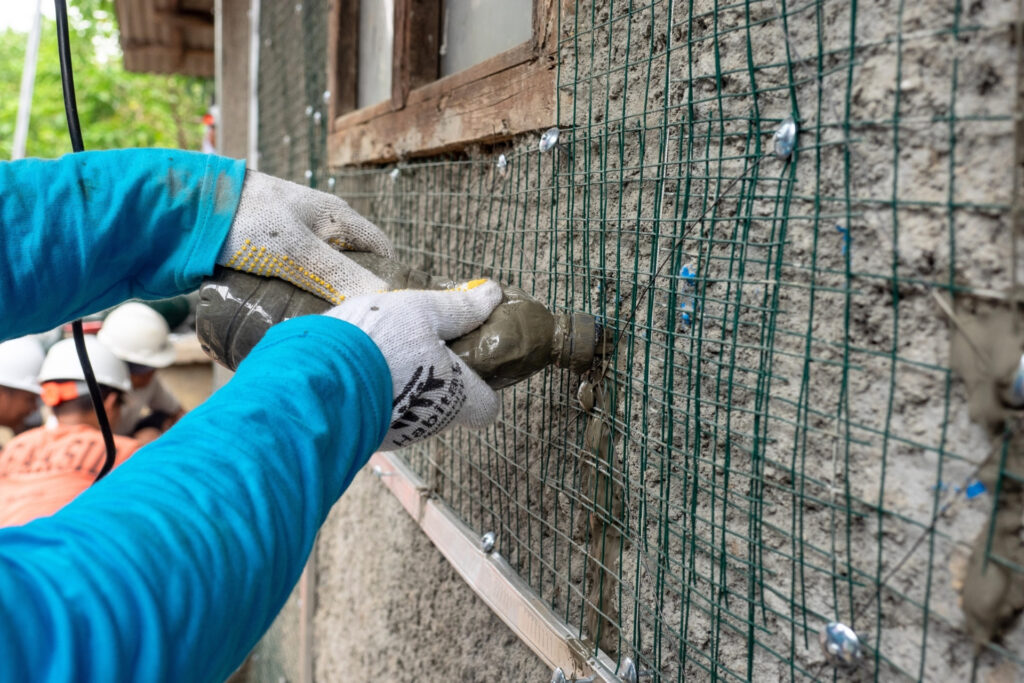
As reported by Tempo, retrofit measures can even begin with simple steps such as patching wall cracks, injecting cement slurry, and tying load-bearing components together so the building functions as a unified structural system. Interestingly, this approach is not only used after disasters occur but can also serve as a mitigation measure for homes located in disaster-prone areas.
Through retrofitting, the recovery process does more than restore houses to their previous condition—it creates safer and more resilient homes for the long term. Habitat for Humanity Indonesia believes that rebuilding means building back better, so survivor families can move forward with a renewed sense of security.
For this reason, Habitat Indonesia continues to invite the public to participate in these post-disaster recovery efforts. Support from donors will help more families repair their homes and rebuild their lives with renewed hope.
Contribute through: kitabisa.com/campaign/bangunharapansibolga
Writer: Kevin Herbian
(kh/av)
